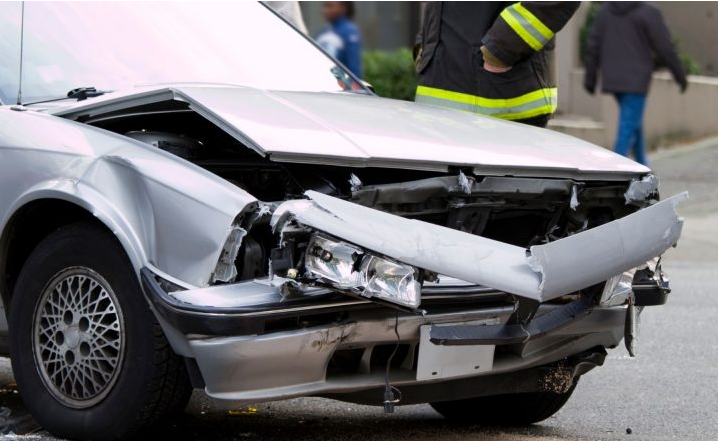
Car accidents can be a traumatic experience, causing not only physical injuries but also significant financial losses. Whether you are at fault or not, there can be various direct and indirect monetary losses after a car accident. This article will explore the monetary losses that can result from a car accident and provide preventative measures to help you avoid or minimize these losses.
Direct Monetary Losses
Several direct monetary losses can result when you are involved in a car accident. These may include:
- Medical Expenses: Depending on the accident’s severity, you may require medical attention, which can be costly. This can include hospital bills, emergency room fees, doctor’s fees, medication, physical therapy, and more.
- Vehicle Repair or Replacement Costs: If your car is damaged in the accident, you must have it repaired or replaced. This can be a significant expense, especially if your car is totaled and needs to be replaced entirely.
- Lost Wages Due to Missed Work: If you cannot work due to injuries sustained in the accident, you may experience a loss of income. This can include missed wages, sick leave, and even the loss of job benefits.
- Property Damage Costs: In addition to vehicle damage, other types of property damage can occur in a car accident. This may include damage to a home, a fence, or other structures that may have been hit during the accident.
- Legal Fees: If the accident was severe, you might need to hire an attorney to help you navigate the legal process. This can include attorney fees, court fees, and other legal expenses.
Indirect Monetary Losses
In addition to direct monetary losses, car accidents can also result in several indirect monetary losses. These may include:
- Increased Insurance Premiums: Your insurance premiums will likely increase if you are at fault in a car accident. This can be a significant expense over time, especially if you have a history of accidents or traffic violations.
- Future Earning Potential: If you cannot work or your ability to work is limited due to injuries sustained in the accident, your future earning potential may be impacted. This can include missed promotions, reduced job opportunities, or the need to change careers.
- Emotional Distress and Mental Health Costs: Car accidents can be traumatic, and the emotional impact of an accident can be significant. This can include the cost of therapy, counseling, or other mental health treatments.
- Other Expenses Not Covered by Insurance: Depending on the circumstances of the accident, there may be additional expenses not covered by insurance. This includes rental car fees, transportation costs, or other out-of-pocket expenses.
Preventative Measures
While car accidents can be difficult to avoid entirely, there are several steps you can take to minimize your risk and reduce the financial impact of an accident. Here are some preventative measures to consider:
- Defensive Driving Techniques: One of the best ways to prevent a car accident is to practice defensive driving techniques. This includes obeying traffic laws, avoiding distractions while driving, and being aware of your surroundings.
- Regular Vehicle Maintenance: Proper vehicle maintenance can help prevent mechanical failures and other issues that can lead to accidents. This includes regularly checking your brakes, tires, and other critical systems and servicing your car by a qualified mechanic.
- Proper Car Insurance Coverage: Having the right car insurance coverage can help protect you financially in an accident. Make sure you have sufficient coverage for liability, collision, and comprehensive damage, and consider adding other options like uninsured motorist coverage or medical payments coverage.
- By taking these preventative measures, you can minimize your risk of a car accident and reduce the financial impact if an accident does occur. It’s also important to stay current on new safety technologies and best practices, as these can help make driving safer and more affordable in the long run.
Conclusion
Accidents can result in significant monetary losses, both directly and indirectly. The financial impact of an accident can be difficult to bear, from medical expenses and vehicle repairs to lost wages and emotional distress. By taking preventative measures such as practicing defensive driving techniques, regularly maintaining your vehicle, and having proper car insurance coverage, you can minimize your risk and reduce your financial impact if an accident occurs.
";

